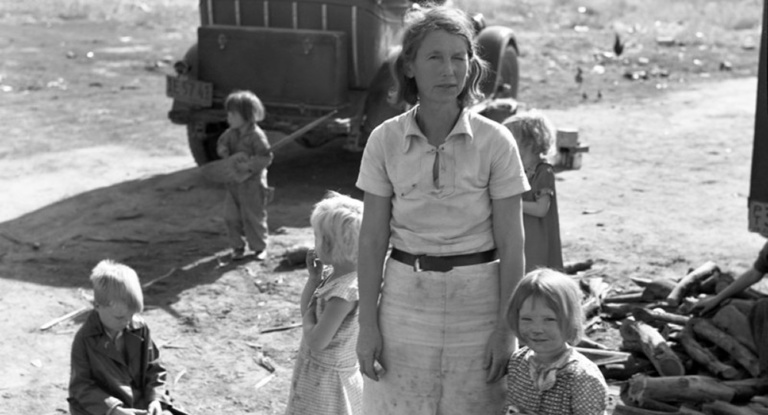
 Ken Burns Classroom
Ken Burns Classroom
 Ken Burns Classroom
Ken Burns Classroom

Perhaps no better figure is more suited to represent the emergence of modern America than Theodore Roosevelt. The future 26th president of the United States participated in the Spanish American War of 1898 as part of an all-volunteer regiment, known as the “Rough Riders,” which saw the liberation of Cuba from Spain, and placed an American presence in the Caribbean and Pacific. An avid outdoorsman and early conservationist, Roosevelt would secure 230 million acres of public lands during his presidency from 1901-1909. He would invite the first African American (Booker T. Washington) to dine with he and his family in the White House – a stark contrast to President Woodrow Wilson, who would screen the racist silent film Birth of Nation in his White House 14 years later, in 1915. Despite a privileged upbringing, Roosevelt led reforms to industry and labor that benefitted average Americans. By the 1920s, after his death, a distant cousin, the young Franklin Delano Roosevelt would move through the political ranks. The nation would be locked in Prohibition, a more than decade-long ban on alcohol. And while a renaissance in African-American arts and culture was taking place in Harlem during the 1920s, 50,000 member of the Ku Klux Clan would march down the streets of Washington D.C.